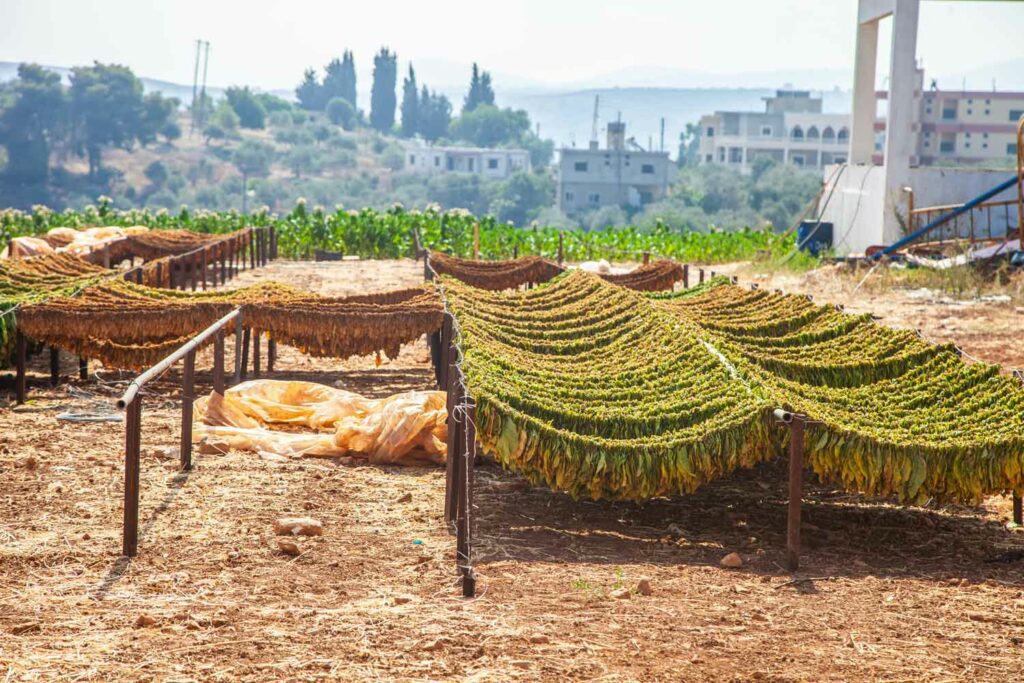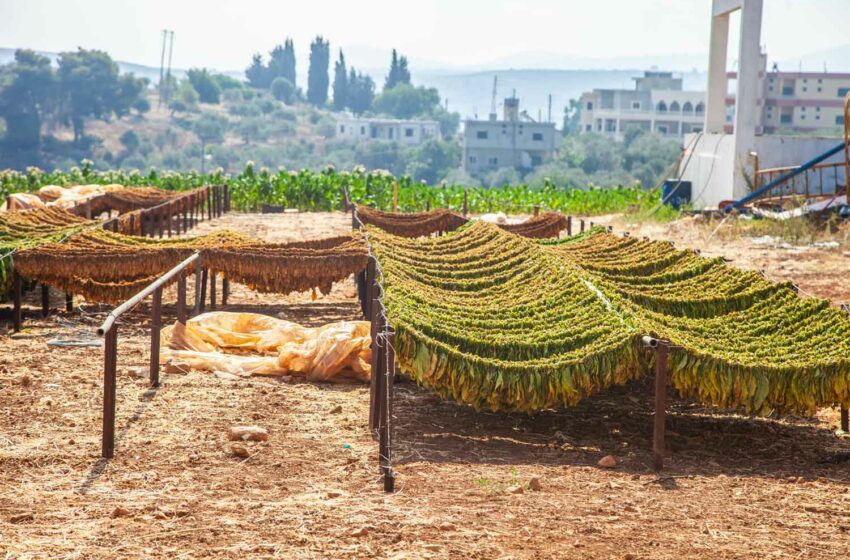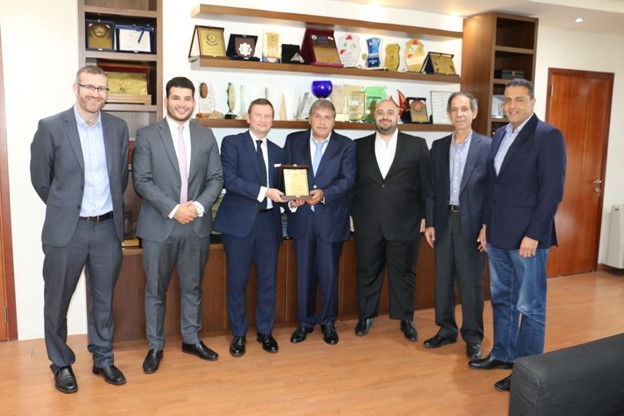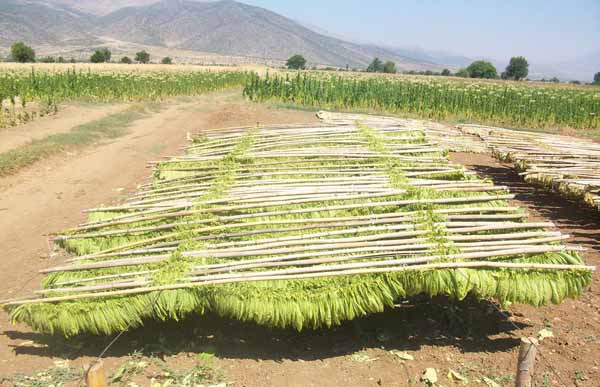
The escalating conflict between Israel and Hezbollah is forcing tobacco farmers in Lebanon to abandon their fields, reports Xinhua.
Hezbollah launched hundreds of missiles into Israel in retaliation for the killing of its commander, Fouad Shokor, in an Israeli airstrike on Beirut last month.
In response, Israel reported conducting numerous preemptive airstrikes targeting Hezbollah’s rocket launchers in southern Lebanon.
Amidst the turmoil, tobacco farmers in border villages were forced to abandon picking and drying their leaves.
“This is the first time in more than 40 years that I have abandoned tobacco cultivation in my fields,” Jamal Abdallah, a 60-year-old displaced farmer, told Xinhua. Abdallah said around 85 percent of tobacco farmers in southern Lebanon have left their fields due to the ongoing conflict.
According to the Lebanese Regie for Tobacco (RLTT), between 15,000-16,000 families cultivate tobacco in southern Lebanon, covering an area of some 90 square km.
While the annual production usually exceeds 5 million kg, RLTT said initial estimates show this year’s production will dip to 2 million.





